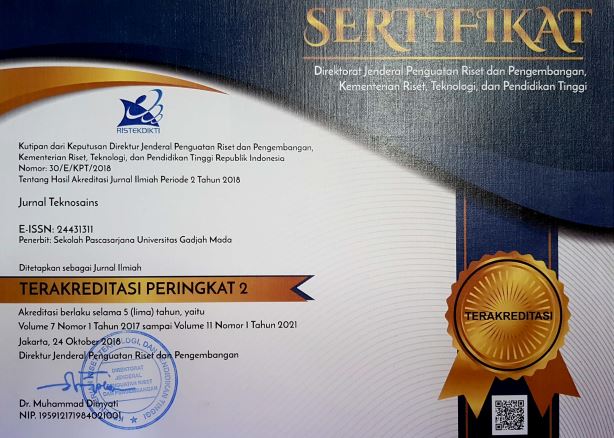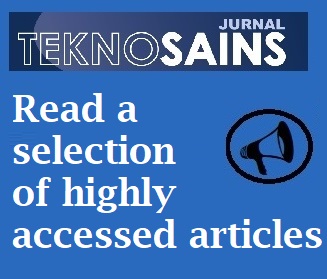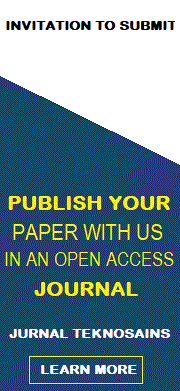Analisis polarimetri alos 1 palsar untuk zonasi mineral alterasi hidrotermal di kabupaten Soppeng Sulawesi Selatan
Anugerah Ramadhian AP(1), Retnadi Heru Jatmiko(2*), Wirastuti Widyatmanti(3)
(1) Penginderaan Jauh, Fakultas Geografi Universitas Gadjah Mada
(2) Penginderaan Jauh, Fakultas Geografi Universitas Gadjah Mada
(3) Penginderaan Jauh, Fakultas Geografi Universitas Gadjah Mada
(*) Corresponding Author
Abstract
Radar technology in remote sensing can be used for a variety of mapping, such as geological mapping. Soppeng Regency, South Sulawesi has a complex geological condition characterized by structural and intrusion phenomena with old materials. The phenomenon is an indicator of hydrothermal alteration due to magma intrusion activity in the rock bedding. Radar imagery is able to identify hydrothermal alteration zones through physical approaches such as landforms, rock (lithology), and geological structures. The aim of this research to explore the ability of radar polarization to identify hydrothermal alteration parameters and distribution pattern in Soppeng Regency. The physical characteristics are obtained from visual interpretation of the ALOS-1 PALSAR multi-polarization imagery with terrain analysis approach. Sample data is needed for petrographic analysis to determine rock minerals content. Analysis of physical characteristics and petrographic analysis were used to determine the type and distribution of hydrothermal alteration zones. The result of this study are ALOS-1 PALSAR imagery can be used to produce information on landform, rocks (lithology), and geological structures with total accuracy 83,9%. The hydrothermal alteration zone in Soppeng Regency consists of argillic 221,662 km², advanced argillic 20,239 km², phyllic 94,790 km², potassic 46,678 km², propylitic 328,746 km², sub-propylitic 181,517 km², and skarn 75,635 km².
Keywords
Full Text:
PDFReferences
Carranza, E. J. (2002). Geologically-Constrained Mineral Potential Mapping: Examples from the Philippines. Enschede: ITC.
Corbett, G. J. and Leach, T. M. (1996). Southwest Pacific Rim Gold/Copper System: Structure, Alteration, and Mineralization, in Society of Exploration Geochemist. Townville, p. 145.
Pour, A. B. and Hashim, M. (2014). Structural geology mapping using PALSAR data in the Bau gold mining district , Sarawak , Malaysia’, Advances in Space Research. COSPAR, 54 (4): 644–654.
Spatz, D. (1997). Remote Sensing Characteristics of the Sediment - and Volcanic-Hosted Precious Metal System: Imagery Selection for Exploration and Development, Journal Remote Sensing, (18): 1413–1438.
Ulaby, F. T., Moore, R. K. and Fung, A. K. (1986). Microwave Remote Sensing Active and Passive: From Theory to Applications. United States: Addison Wesley.
Verstappen, H. T. (2000). The Geomorphologi of Indonesia. The Netherland: ITC.
Zandbergen, P. (2008). Application of Shuttle Radar Topography Mission Elevation Data’, Geography Compass 2, (5): 1404–1431.
Article Metrics
Refbacks
- There are currently no refbacks.
Copyright (c) 2020 Anugerah Ramadhian AP

This work is licensed under a Creative Commons Attribution-ShareAlike 4.0 International License.
Copyright © 2024 Jurnal Teknosains Submit an Article Tracking Your Submission
Editorial Policies Publishing System Copyright Notice Site Map Journal History Visitor Statistics Abstracting & Indexing









